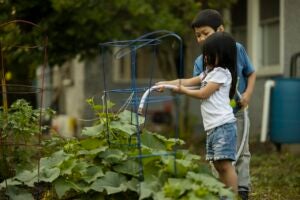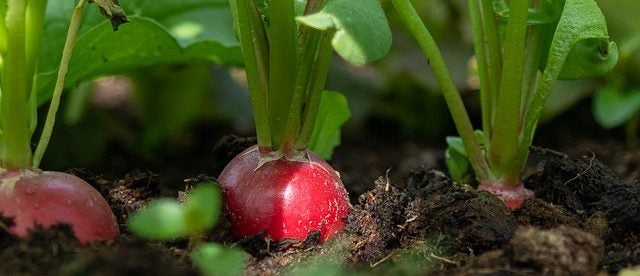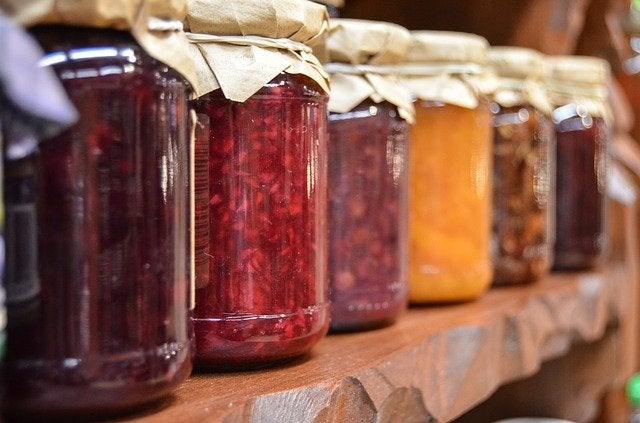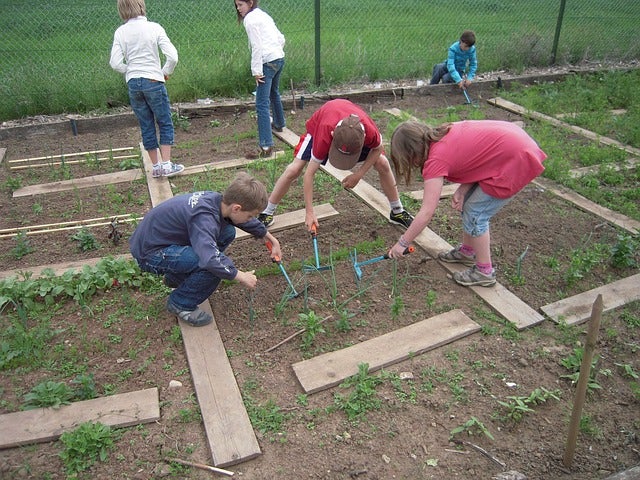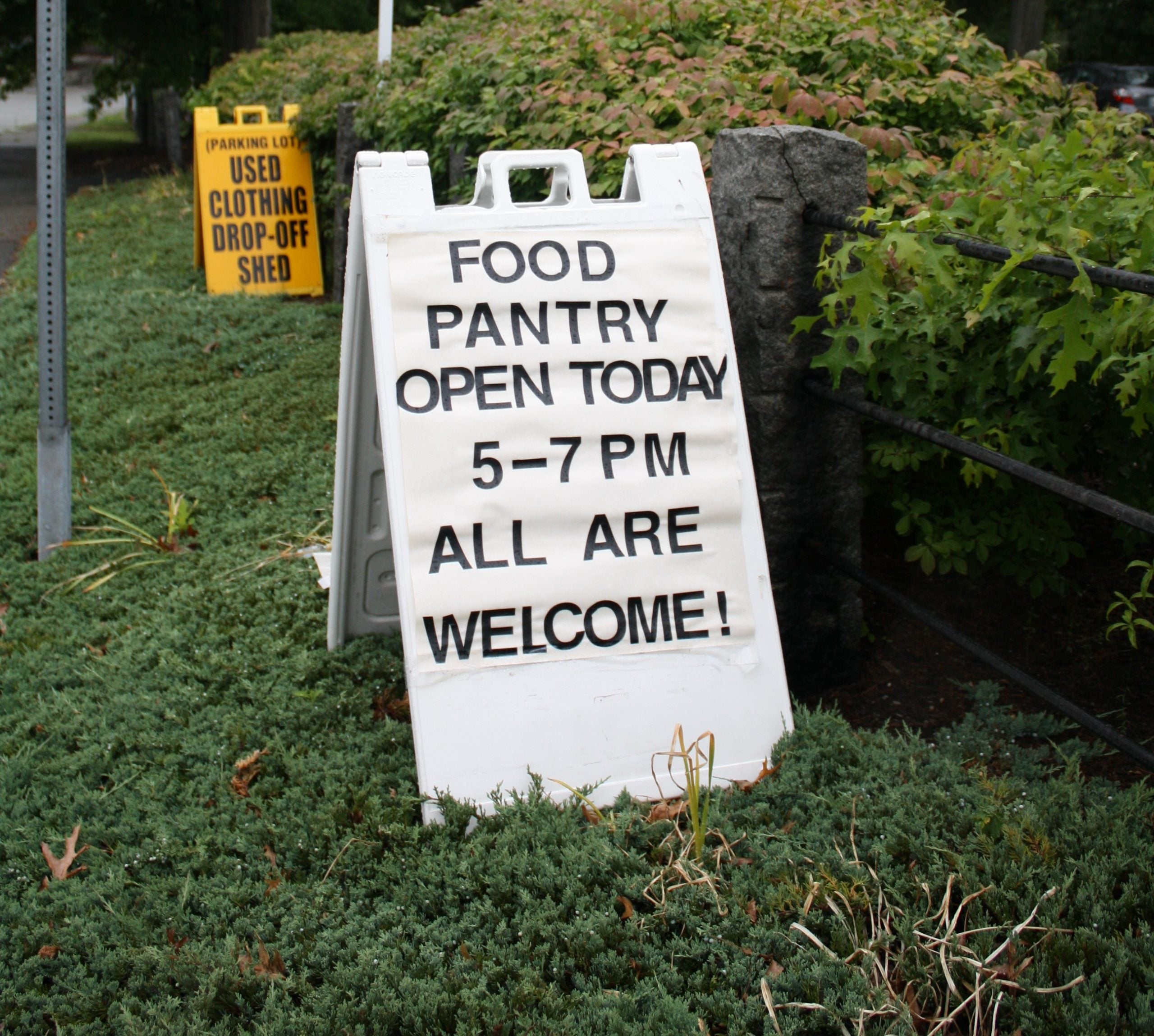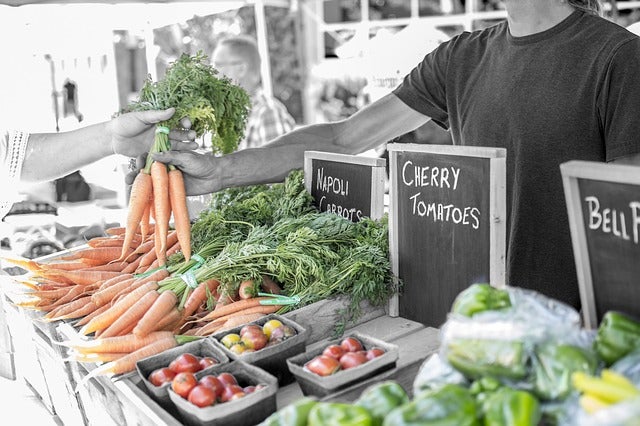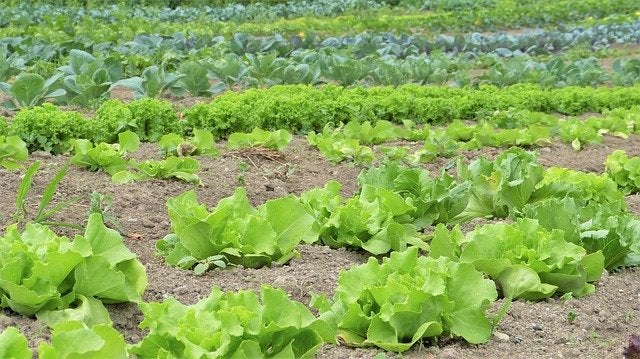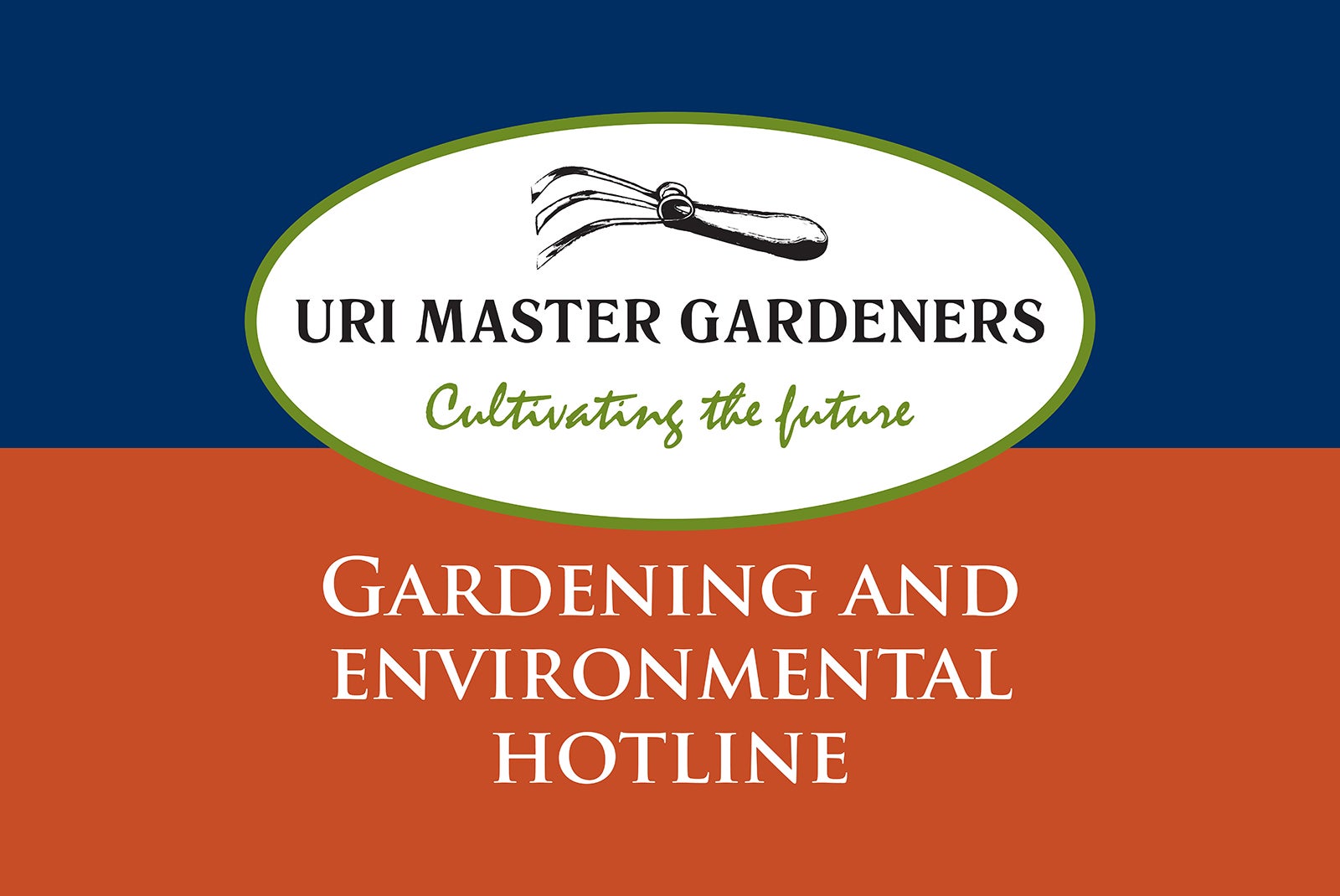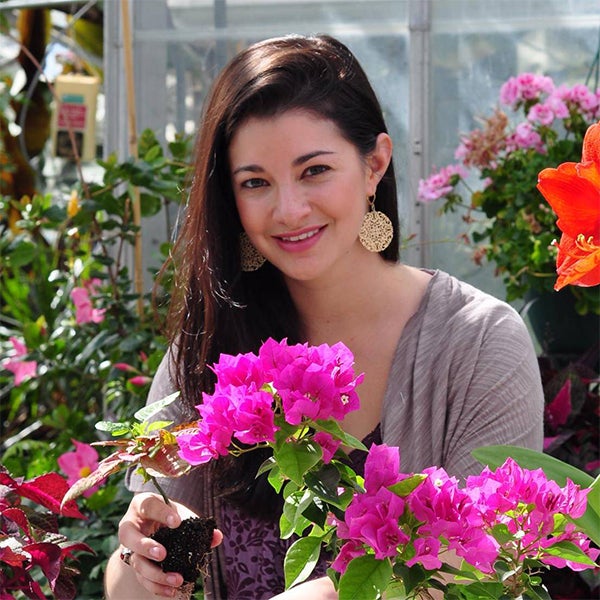Produce Safety
Increasingly, foodborne illness outbreaks are being traced to lettuce, tomatoes, cantaloupe and other fresh fruits and vegetables. The reason may simply be that we are eating more fruits and vegetables and, often eat them raw. Outbreaks related to produce can occur anywhere along the food chain from field or garden to processing, transportation, handling and preparation. Education and implementing best practices are keys to prevention.
Most food borne illness can be caused by biological food safety hazards, including the bacteria, viruses, molds, and parasites found on raw produce that is not carefully washed or prepared. Many of these can make you sick. These microorganisms are a natural part of the environment and can be a problem whether you choose to use organic or conventional gardening methods. To learn more about growing produce safely, follow the five simple steps listed in this Garden to Table: Five Steps to Food Safe Fruit and Vegetable Home Gardening and check out the additional resources below.
Food safety is everyone’s responsibility from the grower to consumer. This website includes produce safety resources and information for;
- home gardeners
- school gardens
- URI Master Gardener volunteers
- community gardens
- farmers markets and managers; and
- farmers
What can I do at home to reduce the risk of harmful microbial contamination of fresh produce?
- Wash your hands for 20 seconds with warm water and soap before and after preparing fresh produce.
- If damage or bruising occurs before eating or handling, cut away the damaged or bruised areas before preparing or eating.
- Rinse produce BEFORE you peel it, so dirt and bacteria aren’t transferred from the knife onto the fruit or vegetable.
- Gently rub produce while holding under plain running water. There’s no need to use soap or a produce wash.
- Use a clean vegetable brush to scrub firm produce, such as melons and cucumbers.
- Dry produce with a clean cloth or paper towel to further reduce bacteria that may be present.
- Remove the outermost leaves of a head of lettuce or cabbage.
Source: https://www.fda.gov/consumers/consumer-updates/7-tips-cleaning-fruits-vegetables
For more information, to sign up for a training/workshop or to simply ask a question; please click the resource boxes below.
 Home
Home Browse
Browse Close
Close Events
Events Maps
Maps Email
Email Brightspace
Brightspace eCampus
eCampus



